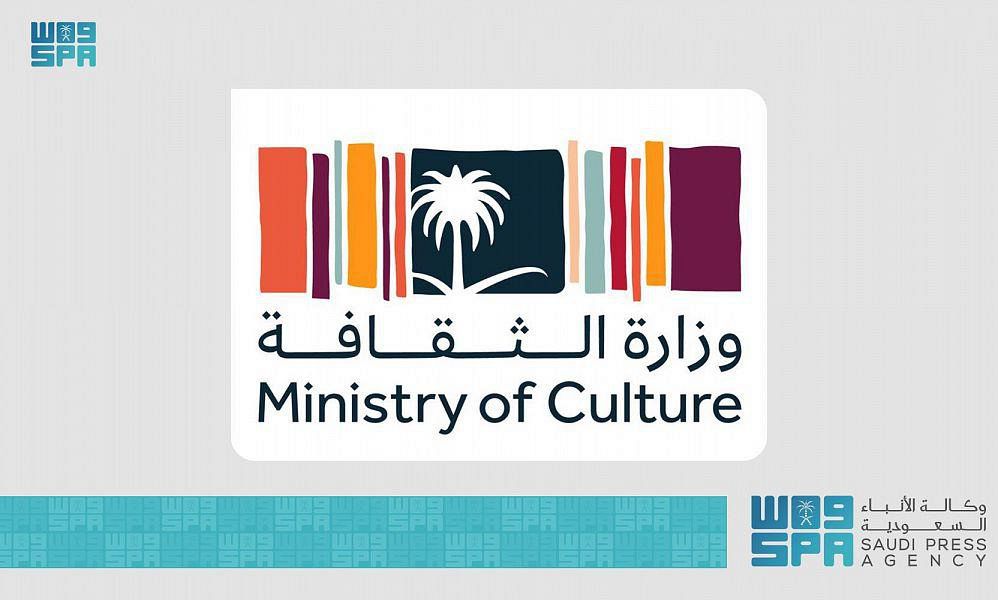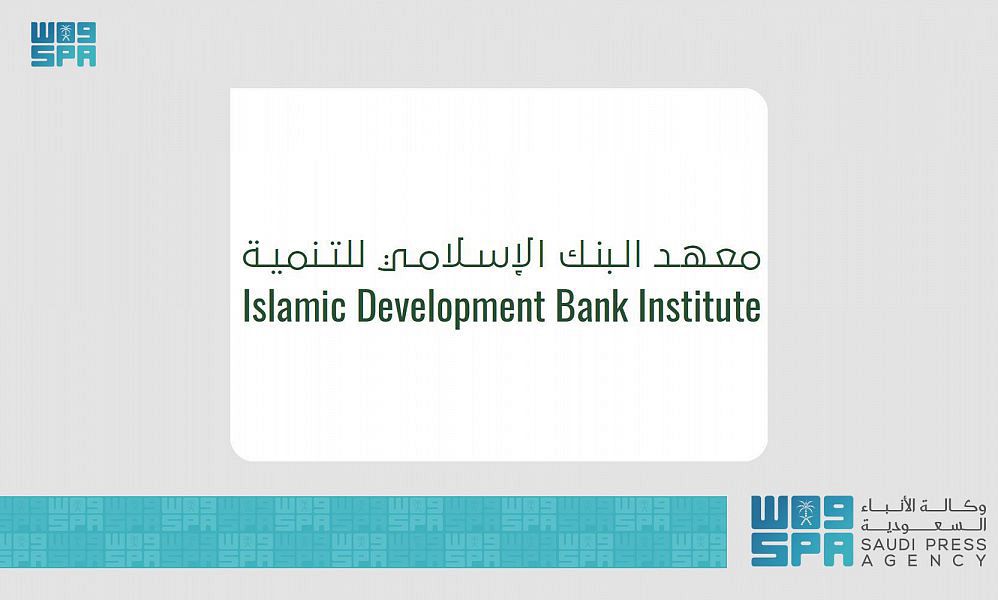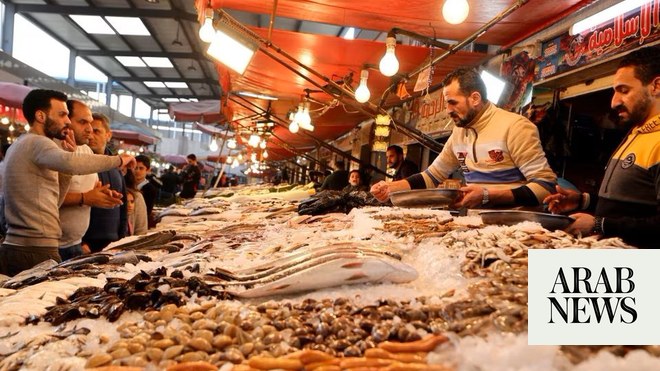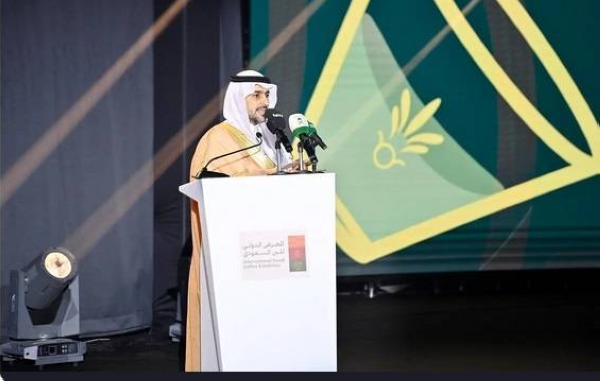
JAZAN: Experts from around the world have gathered in Jazan for the Saudi Coffee Sustainability Forum, which got underway on Saturday.
Organized by the Ministry of Culture and held at the Grand Millennium Jazan, the two-day event will discuss the value chain of Saudi coffee and its economic, social and environmental impact.
Among the speakers and guests are Dr. Bandar Al-Rabiah, who heads the development impact department at the Agricultural Development Fund, Dhafer bin Ayedh Al-Fahad, director of the Jazan Mountain Development Authority, and Keren Kellard, a consultant at the National Center for Social Studies in Riyadh.
Al-Rabiah said at the opening session: “The idea isn’t just to increase productivity, we want to help the farmer to benefit from his plantation and to allow tourists to visit the farm and in effect generate a larger income for them.”
One of the highlights of the opening day was the launch by the Ministry of Culture of the Saudi Coffee Research Grant. Organized in partnership with Saudi Coffee Co. and the Public Investment Fund it aims to encourage local researchers to produce scientific papers related to Saudi coffee in three areas.
The first is the history of coffee in the Arabian Peninsula, covering everything from ancient trade routes to the events that led to its spread in Saudi Arabia.
The second relates to coffee culture, including the social practices, rituals and festive traditions within the Kingdom.
The third relates to cultural research into developing Saudi coffee through government procurement in order to promote a sustainable economy and preserve its heritage.
Mayada Badr, CEO of the Culinary Arts Commission, said: “The Ministry of Culture aims to strengthen the position of Saudi coffee. It aims to guide the community to the culture associated with coffee, to be proud of its distinctive identity, and to thank farmers and community members for preserving our culture.”
During the forum’s first session, Al-Fahad highlighted the efforts his team have made in cultivating the coffee industry in the Kingdom over the past 40 years, most notably with the establishment of an experimental facility that seeks to find the best agricultural crops for growing in the mountainous ranges in Jazan. He added that 900,000 coffee seedlings would be distributed for research use in the coming years.
Al-Fahad concluded his speech by saying the Culinary Arts Commission intended to establish the Saudi Coffee Museum in partnership with the Ministry of Culture and that the Kingdom had joined the World Coffee Organization.
The second session of the day discussed investment opportunities in coffee production and looked at sustainable methods of economic growth.
Karl Weinhold, a researcher in rural development and the coffee economy, said: “Most of my work revolves around how these people (farmers) can wrestle around with the institutions that they have been subjected to in order to achieve some sense of prosperity.”
Hassan Hajooj, a professor of economics at the College of Business Administration at King Faisal University, said that the coffee sector accounted for about 0.86 percent of Saudi Arabia’s gross domestic product in 2020 and that that figure was set to rise to 6.18 percent over the next five years.
The Kingdom, which had 22,000 coffee shops in 2021, produces about 300 tons of high-quality Saudi Khawlani coffee a year, which is consumed locally and exported to the Gulf Cooperation Council countries.
The final session on the first day focused on the history and cultural influence of coffee.











